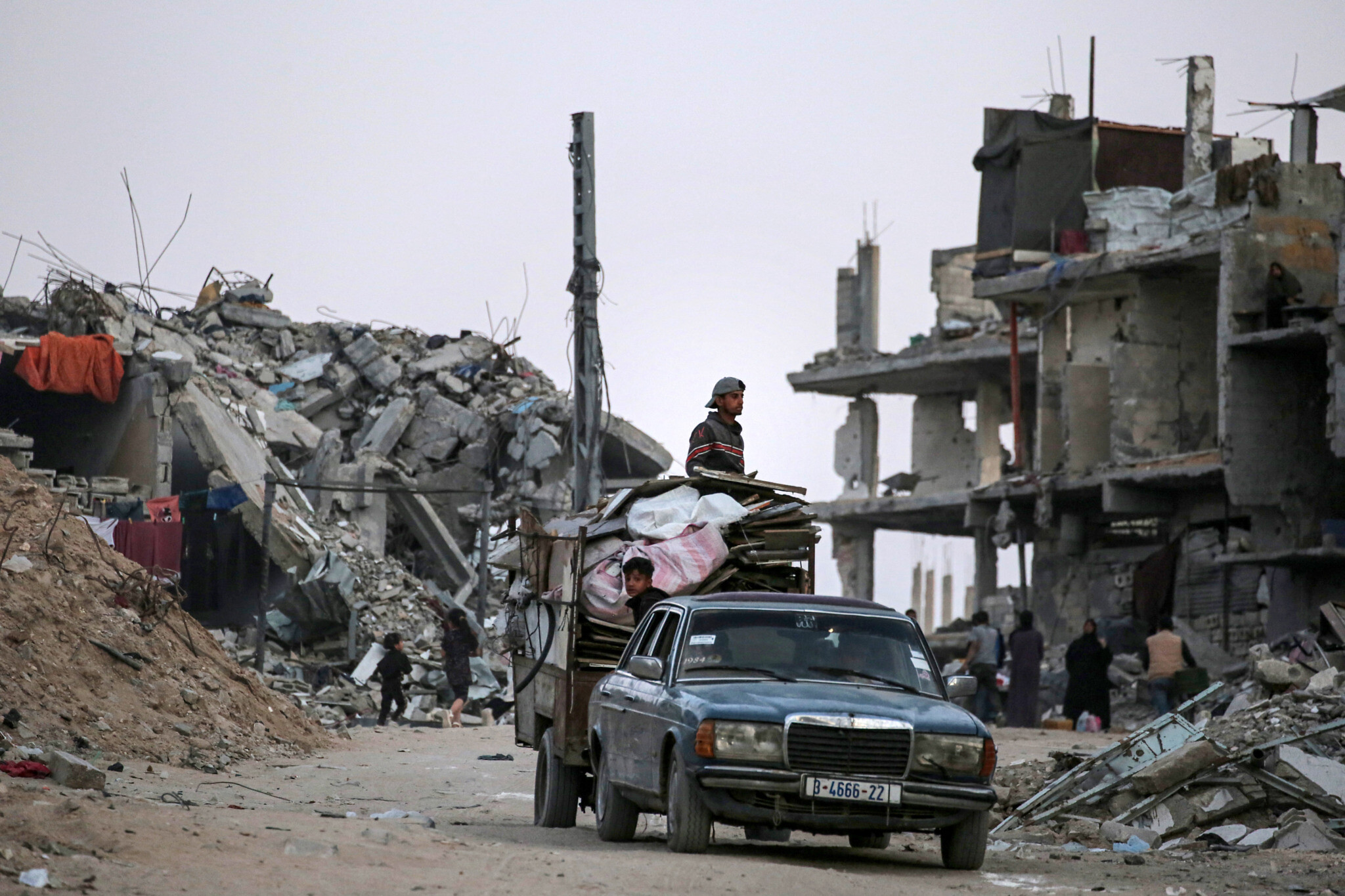
The conflict in Gaza continues to escalate, with no clear end in sight. The situation has led to discussions among international policymakers and diplomats about what could be done to bring about an end to the fighting and establish a stable future for the region. In recent weeks, EU foreign ministers have discussed plans for ‘the day after’ the fighting stops in Gaza, with a focus on reviving discussions about a two-state solution. The UK is focusing on supporting the Palestinian Authority in order to potentially help govern post-war Gaza. Meanwhile, Israel is denying tax revenues from the Palestinian Authority and threatening to cut Palestinian banks off from their Israeli counterparts. Defense Minister Yoav Gallant wants Palestinian entities to take control of Gaza with international assistance, while Benny Gantz threatens to resign if Benjamin Netanyahu does not agree a six-point plan for governing Gaza. The US is putting pressure on Arab states to agree an international force that could establish security in Gaza in the short term, but only if there is a political process in place. However, Benjamin Netanyahu refuses to discuss ‘the day after’ apart from opposing any role for the Palestinian Authority. As discussions and plans continue to be developed, it remains unclear what the future holds for Gaza and the surrounding regions.



